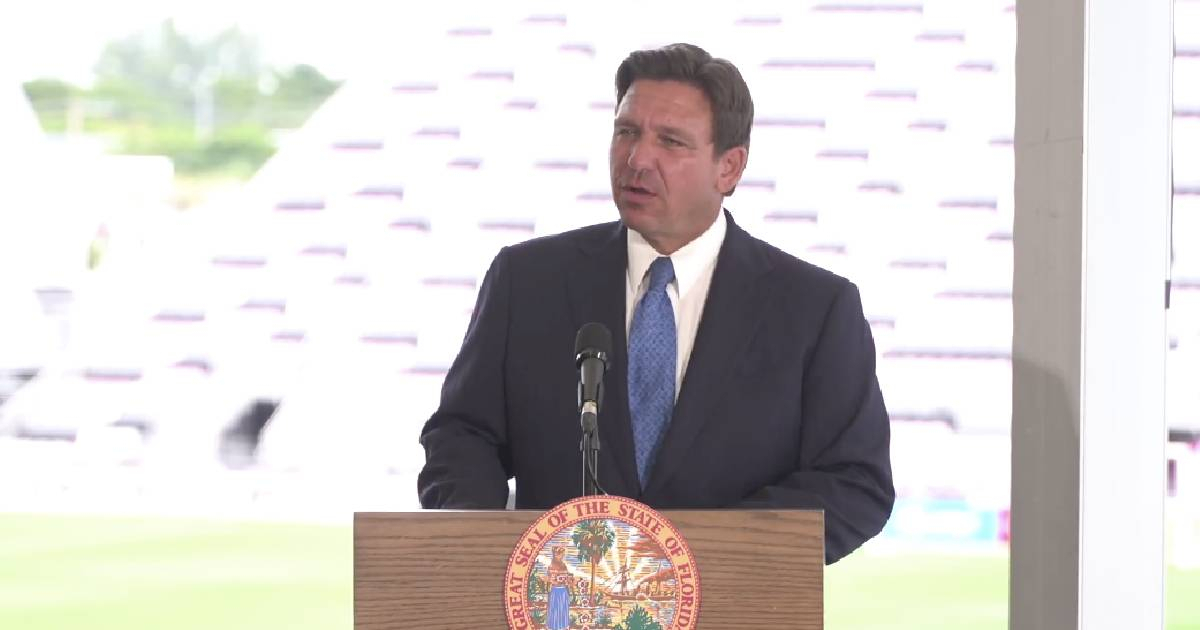
The recent proposal by Florida Governor Ron DeSantis to build golf courses, hotels, and pickleball courts in state parks has sparked an intense debate among various U.S. stakeholders.
The Administration's plans have been harshly criticized by environmental groups, who warn about the negative impact on ecosystems that host endemic and threatened species.
The Florida Department of Environmental Protection announced on Sunday the cancellation of one of these projects, which involved the construction of a golf course in Jonathan Dickinson State Park, located in Martin County on the east coast of the state.
This withdrawal marks the first victory for the opponents, although there are still eight other similar proposals under evaluation.
Erika Zambello, spokesperson for Audubon Florida, the most influential conservation organization in the state, expressed total rejection of all the initiatives presented.
According to the EFE agency, Zambello stated that "destroying 1,000 acres of critical habitat for species such as the Florida scrub jay and the gopher tortoise is the opposite of what state parks stand for."
Jonathan Dickinson State Park, designated by Audubon Florida as a vital refuge for the Florida Jay —a threatened species that is not found anywhere else in the world— was the focus of the proposal promoted by the Tuskegee Dunes Foundation.
However, social pressure forced the foundation to back down, stating in a communiqué that "we did not understand the landscape of the local community and we appreciate the clarity. We will not continue building in the beloved Jonathan Dickinson State Park."
The other proposals include developments in state parks such as Topsail Hill Preserve, Grayton Beach, Camp Helen, Honeymoon Island, Hillsborough River, Oleta River, Dr. Von Mizell-Eula Johnson, and Anastasia.
Environmentalists argue that these areas are crucial for the preservation of essential habitats and the maintenance of biodiversity, as well as protecting communities from wildfires, flooding, and harmful algal blooms.
This controversial plan has highlighted the tension between economic development and environmental conservation in Florida, a state that is struggling to maintain its fragile ecological balance amid the growing interest in tourism infrastructure projects.
What do you think?
COMMENTFiled under: